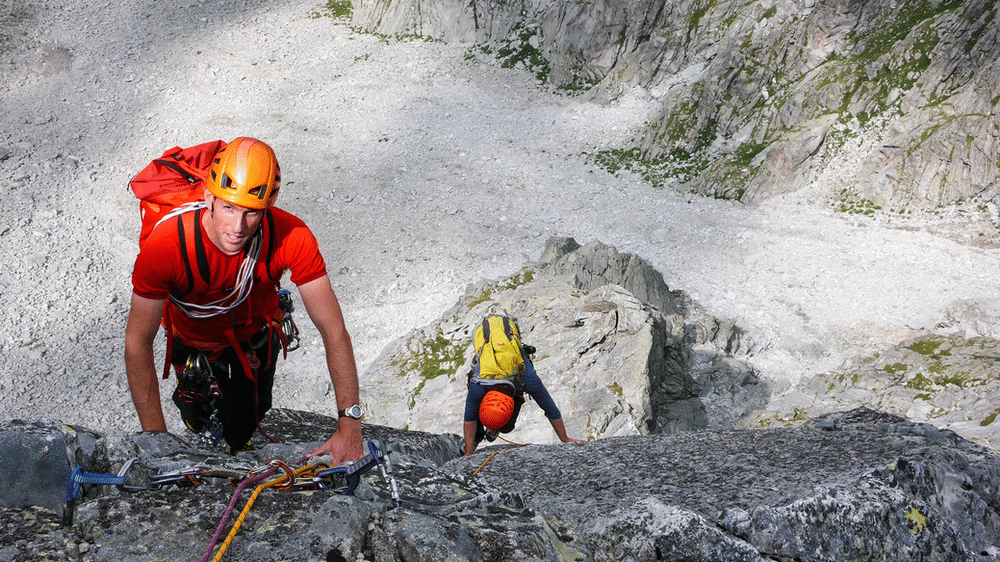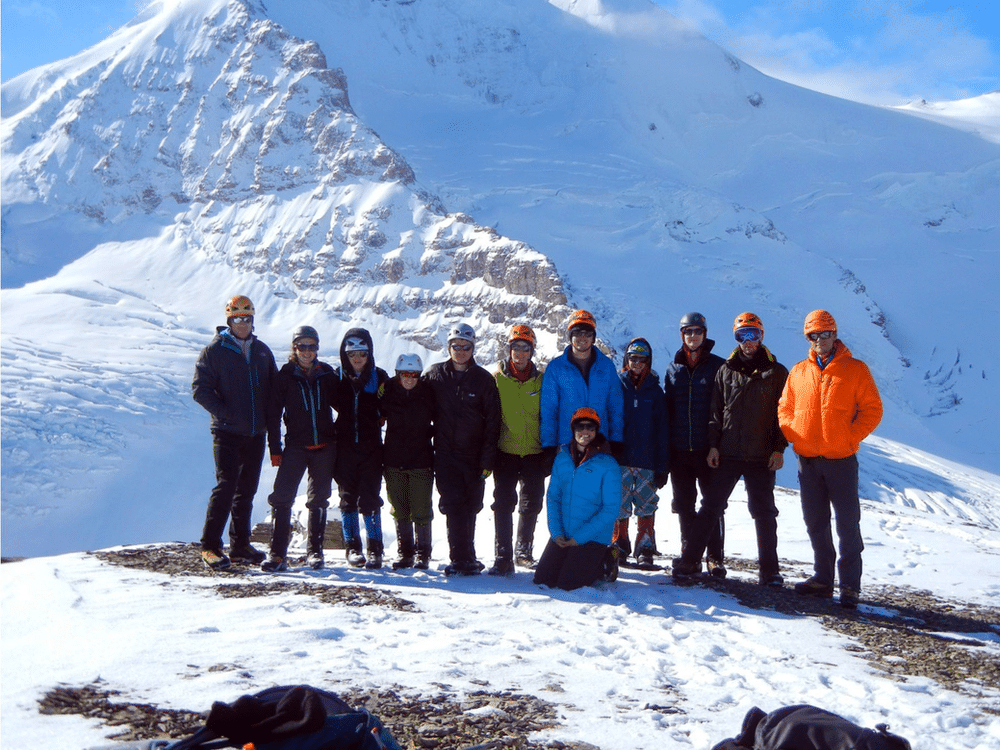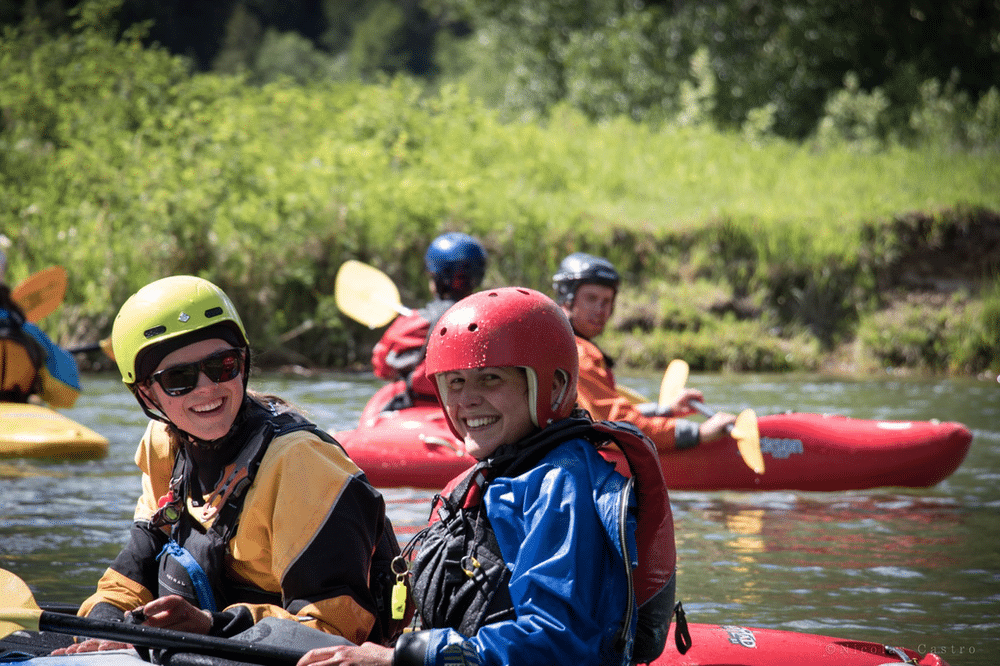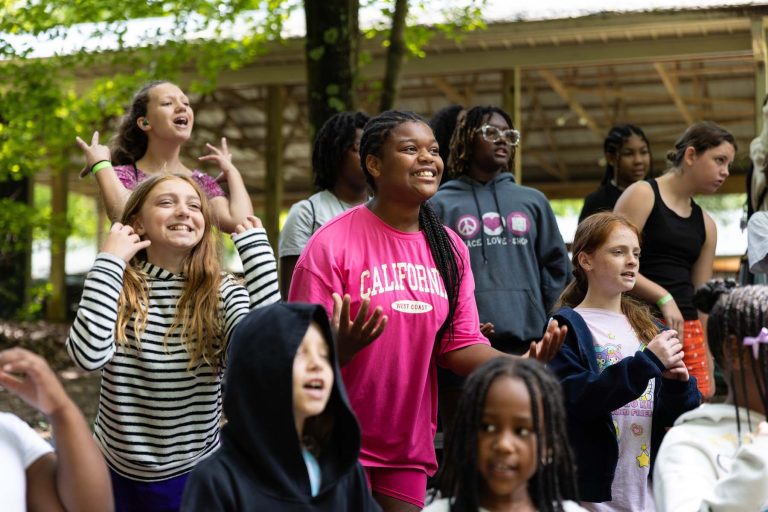
Viristar gave a presentation this week on “Adventure Tourism and the Science of Risk Management” to students in the Mountain Adventure Skills Training (MAST) program at College of the Rockies in Fernie, British Columbia, Canada.
The presentation was for the three-credit class “Risk Management in Adventure Tourism,” part of a course of study that results in a MAST certificate and can lead to a university degree in Adventure Tourism.
The three-hour presentation provided an overview of safety science across industries from healthcare to aviation, and traced 100 years of thinking about risk management.
Participants learned about linear, epidemiological, and complex-systems based models of incident causation and incident mitigation.
The presentation covered the now-outdated domino model, fault tree analysis (fishbone diagram, Ishikawa diagram), the ‘Swiss cheese model,’ and complex sociotechnical systems-based models including AcciMap and the Risk Domains model.
Participants learned about the value of probabilistic risk assessments, but also their many limitations, and that they should not be relied upon as the principal method for managing complex risks.
Individuals in the workshop completed two separate evaluations of an adventure tourism program, using criteria supplied by Viristar to assess the nature and quality of the program’s management of risk.
Participants also explored safety culture, including how to evaluate an organization’s culture of safety, steps for improving corporate safety culture, and the idea of Just Culture in outdoor adventure.
Students learned about how to apply principles of resilience engineering, such as the application of an ‘integrated safety culture,’ to an adventure tourism organization, so that inevitable breakdowns in the safety system will be less likely to lead to a catastrophic breakdown of the entire risk management infrastructure.
Attendees also heard about how addressing strategic risks—such as trends in recreation, the global climate emergency, geopolitical instability and legal precedents—can support positive safety outcomes in adventure tourism operations.
Finally, participants completed a case study analysis of a canyoning incident in New Zealand, analyzing the tragedy to understand which risk domains were involved.

MAST participants in the Canadian Rockies. Image credit: COTR-MAST
During other components of the risk management class at the college, learners explore the guide’s role in managing risk, the Canadian legal system, how to create a risk management plan, and the role of insurance and legal releases. Students also develop trip plans for a variety of group trips.
Participants also go on to take classes—mostly field-based—in natural history, wilderness travel theory, rock climbing, hiking, mountaineering, ski touring, canoeing, whitewater raft guiding, avalanche skills, alpine ski/snowboard instruction, Wilderness First Responder, Swiftwater Rescue Technician, and more.
Many of the classes result in certification from organizations such as Rescue Canada, the Canadian Avalanche Association, the Recreational Canoeing Association of British Columbia, the Interpretive Guides Association, CASI-ACMS (Canadian Association of Snowboard Instructors), and the Canadian Ski Instructors’ Alliance.
The vocationally-oriented nine-month curriculum prepares graduates for positions as raft guide, professional ski patrol, tail guide – cat skiing, adventure camp instructor, ski/snowboard instructor, and other outdoor recreation and adventure tourism jobs.
A Multi-Year Collaboration
Viristar and MAST staff met when they were working with the Adventure Guide training program with Keilir Academy in Reykjanesbaer, Iceland, run in conjunction with Thompson Rivers University, and collaborated for years on running outdoor safety trainings in Iceland. The connection has spanned continents and decades, and Viristar has been providing the annual “Adventure Tourism and the Science of Risk Management” workshop for the Mountain Adventure Skills Training class since 2021.

MAST participants practicing their kayak skills. Image credit: COTR-MAST



